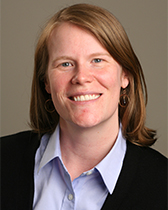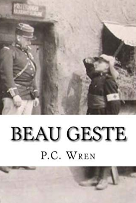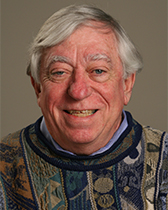Faculty New Year's Reading List
We hope you enjoy the books recommended below. Topics range from the rise of Chicago from muddy riverbanks to how economics can help solve some of the most challenging problems of our day.
In addition to these books, Professors Matthias Doepke and Charles Manski have published:
- Love, Money, and Parenting: How Economics Explains the Way We Raise Our Kids, Matthias Doepke
- Patient Care Under Uncertainty, Charles F. Manski
Faculty |
Cover Image |
Book Description |
|---|---|---|

Lori Beaman, Associate Professor |

|
Evicted, Matthew DesmondCompelling narrative about how problems in the housing markets in the U.S. traps households into poverty. |
|
|
 |
Good Economics for Hard Times, Abhijit Banerjee and Esther DufloYou won't agree with all of it. But the arguments are thoughtful, the writing is superb and the ideas matter.
|
|
|

|
The Great Reversal: How America Gave Up On Free Markets, Thomas PhilipponThis book argues persuasively that the increased concentration of numerous American industries is having a negative impact on innovation and is undermining the benefits of American capitalism.
|

Mark Witte, Professor of Instruction; Director of Undergraduate Studies |
 |
Beau Geste, P.C. WrenAn exciting 1924 novel about the French Foreign Legion that applies some remarkable examples of backward induction and game theory. Very fun! |
|
|
 |
Nature's Metropolis: Chicago and the Great West, William CrononChicago played a key intermediary role in America’s 19th century development as the home of well-organized markets that gathered and processed natural products from the Great West before transporting them to buyers, especially in the Northeastern United States. This book explains the rise of Chicago – from muddy riverbanks to an urban center – as well as the historic and economic significance of railroads, grain elevators, lumberyards, meat-packing plants, refrigerated railcars, mail-order catalogs, and futures contracts. |




